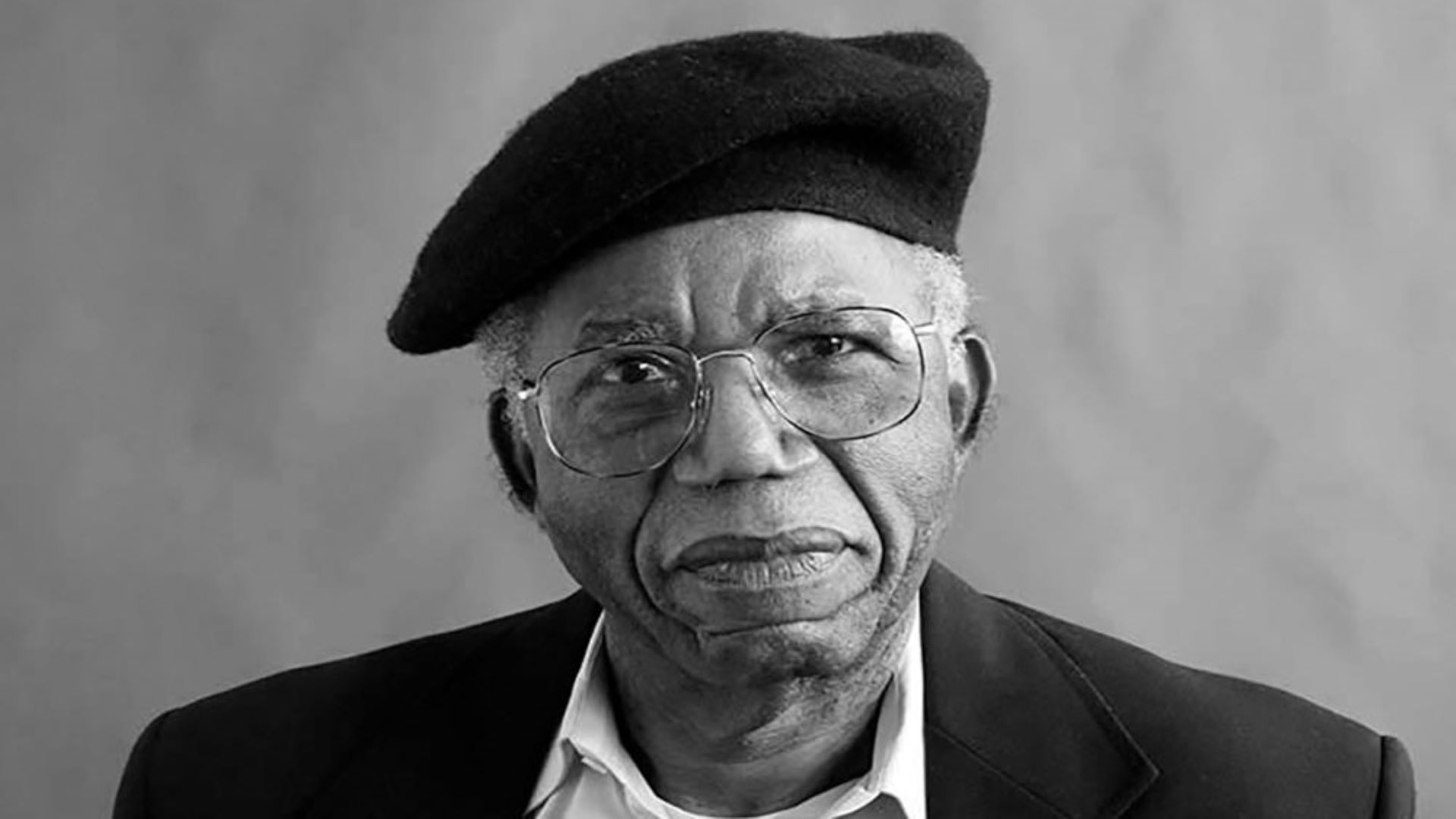Afterwords: Chinua Achebe

Late last year I was lucky enough to do some research for an Afterwords programme about the late great Stuart Hall, produced by Zakia Sewell. I love archive research. I'm not entirely sure why. It just feels like a great way to get to know someone you never had the chance to meet. By the end of my research on Stuart I felt like he was a long-lost uncle.
Around the same time I started noticing here and there that we seemed to be backsliding in terms of racist attitudes towards Africa and Africans. Homogonised narratives of the continent seemed to be at the foreground of media portrayals, even as the likes of Afua Hirsch and Dipo Faloyin and others were loudly countering the old story. And of course, when war broke out once again in Europe, it was difficult not to compare the outpouring of sympathy - rightly deserved - towards Ukranian refugees, with the indifference and dehumanising scorn faced by people fleeing conflict in Tigray, Ethiopia, Sudan, and elsewhere.
It made me want to revisit the work of Chinua Achebe, whose novel "Things Fall Apart" represented a pivotal moment in the history of African literature. Achebe blazed a trail for African people centring themselves and their culture in their own stories; which had for so long been obfuscated by racist colonial tropes. In his work and in the words of the people who loved and admired him, I rediscovered one of our greatest voices. Huge thanks to Alan Hall at Falling Tree for giving me the space and guidance to make this for the Sunday Feature on BBC Radio 3.